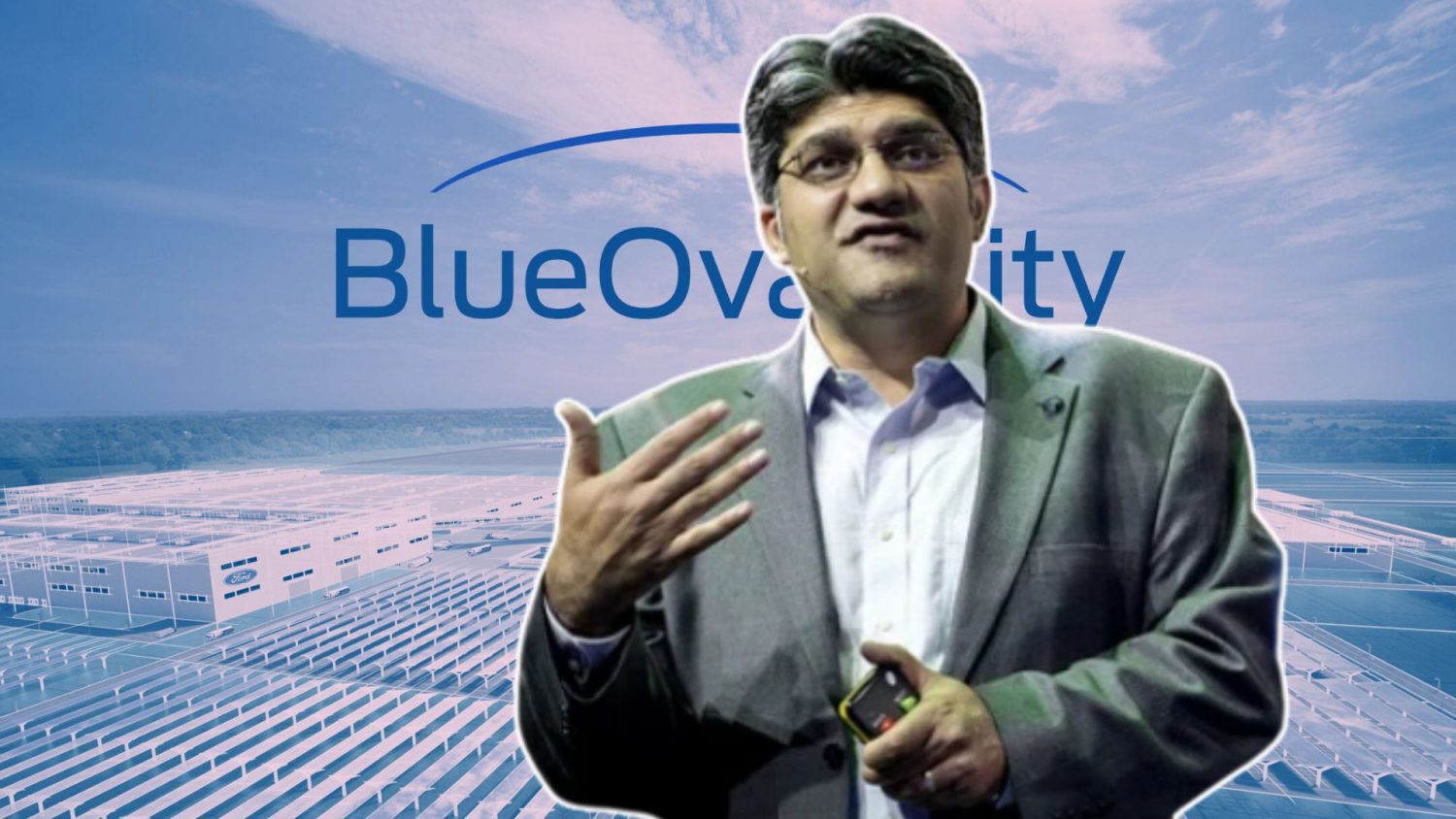- El Salvador makes Bitcoin payments voluntary in $1.4B IMF loan deal
- Kenyan aid group is enabling refugees to access loans
- Loan delinquencies trending down in senior living, rising in skilled nursing
- How to get a low student loan rate for the spring 2025 semester
- $10 billion in government loans announced for EV companies – pv magazine USA
On Monday, the U.S. Department of Energy (DOE) finalized a $9.63 billion loan to BlueOval SK, a joint venture between Ford and South Korean battery maker SK On.
Bạn đang xem: DOE awards $9.63B loan to BlueOval SK to build battery plants in Kentucky and Tennessee
Xem thêm : California’s Pacific Gas & Electric could receive $15B in federal loans to modernize its power grid
This loan, reportedly the largest ever from the government’s Advanced Technology Vehicles Manufacturing Loan Program, surpasses the initial $9.2 billion commitment made in June 2023. These funds will support the construction of three new battery manufacturing plants in Tennessee and Kentucky, which will produce 120 gigawatt-hours of battery capacity annually.
BlueOval SK has already invested over $11 billion into the construction of these facilities, with production at the Kentucky plant expected to begin in 2025, followed by the Tennessee facility later that year. The loan is a crucial investment in U.S. manufacturing and a significant step in advancing the electric vehicle (EV) market.
Jigar Shah, head of the DOE Loan Programs Office, emphasizes the importance of low-cost debt to support national manufacturing, retain jobs in the U.S., and position the country to compete with global rivals, particularly China, which has dominated the EV sector with its own manufacturing capacity. This loan marks an essential move in strengthening U.S. leadership in the EV market.
Xem thêm : Access to Auto Credit Improves in November
In addition to the BlueOval loan, the DOE is actively supporting other EV projects before the presidential transition. Earlier this month, it announced plans to grant StarPlus Energy, a Stellantis-Samsung venture, a $7.54 billion loan to build two EV battery plants in Indiana. Additionally, the DOE is proposing a $6.6 billion loan to Rivian to support manufacturing smaller, less expensive EVs in Georgia, set to begin in 2028.
This series of loans reflects the Biden administration’s ongoing efforts to boost EV production before President-elect Donald Trump takes office in January. Trump has been a vocal critic of the administration’s push to incentivize electrification, with the GOP historically expressing skepticism toward EV production and government subsidies.
These strategic investments aim to accelerate U.S. leadership in EV manufacturing and ensure the country remains competitive in the market.
Nguồn: https://marketeconomy.monster
Danh mục: News

